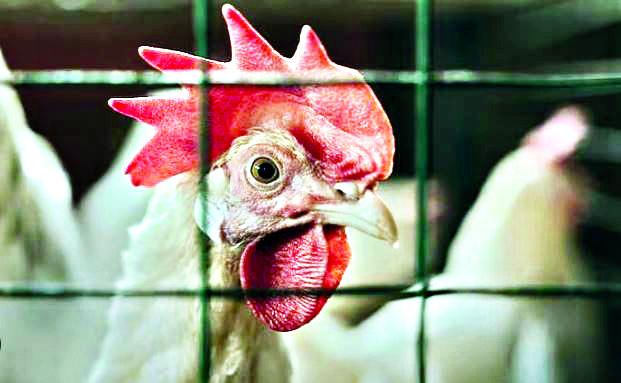Currently, no bird flu cases in Bengal: State govt

Kolkata: Bengal currently has no bird flu case and the state government has formed a team to evaluate the situation in the state, a senior official had said.
The state has already conducted a screening of around 29,000 birds from Kaliachak in Malda district, the official said. Incidentally, the World Health Organisation (WHO) on Tuesday announced that a four-year-old child in Bengal was diagnosed with a human infection caused by the H9N2 bird flu virus. It marks the second instance of human H9N2 infection reported in India, with the first occurring in 2019.
According to the state government official, the four-year-old girl from the district was diagnosed with the disease in January and recovered after treatment. A team comprising senior officials of the health department and a couple of representatives of the World Health Organisation (WHO) was constituted for another round of evaluation of the situation in the state, he added.
“There is not a single bird flu case in Bengal. The only case was reported in January in Kaliachak in Malda district when a four-year-old girl was diagnosed with the disease. She is fine now and we are keeping a watch on her health,” the health department official said.
The child was admitted to a pediatric intensive care unit (ICU) with severe respiratory issues, high fever, and abdominal cramps in January/February this year. It was learnt that the young patient had direct exposure to poultry at home and in the surrounding environment. According to WHO, no other individuals, including family members and close contacts of the infected child had however reported any symptoms of respiratory illness.
“After that, we screened around 29,000 birds from that area of the district and not a single case was found. There is not a single bird flu case in Bengal now. We conducted a thorough check-up of each of the family members of the girl, but none was diagnosed with the virus,” the official said.
The bird flu infection is a type of infection caused by avian influenza Type A viruses. Usually, it is expected to affect wild aquatic birds, domestic poultry and other bird and animal species. However, human cases of bird flu infection are not unusual and have been reported in the past. The risk of bird flu infection can be reduced by avoiding prolonged exposure to infected birds and livestock. The health body also recommends avoiding uncooked or undercooked food with a special attention towards those linked to poultry.



